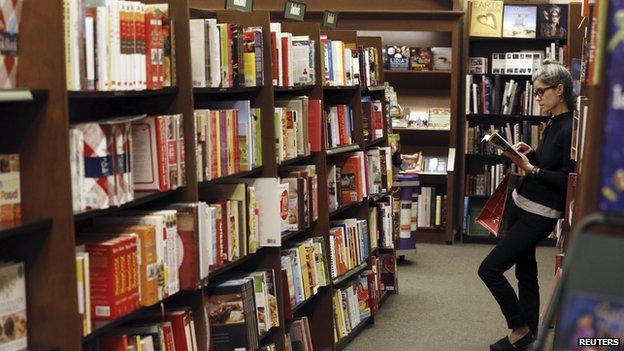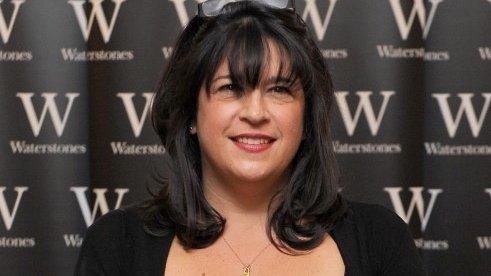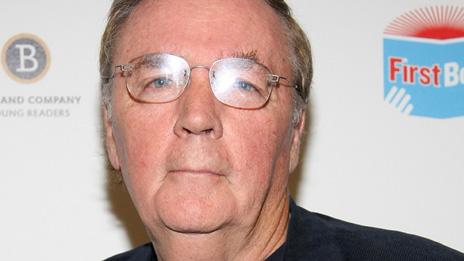Typical writer 'earns £11,000 a year', research reveals
- Published

It is only the minority who earn a substantial amount from writing
A typical full-time writer earns £11,000 a year, according to research commissioned by the Authors' Licensing and Collection Society (ALCS).
The number of those working as full-time writers has also dropped from 40% of all writers in 2005 to 11.5% now.
Chief executive of the ALCS, Owen Atkinson, said the research by Queen Mary University of London, suggested these are "concerning times".
The typical income of a professional writer in 2005 was £12,330.
The 2005 comparison figures date back to the ALCS's last piece of research on authors' earnings, which was published in 2007.
Digital revenue
"This rapid decline in both author incomes and in the numbers of full-time writers could have serious implications for the economic success of the creative industries in the UK," Atkinson said.
Novelist Joanne Harris, whose books include Chocolat and Blackberry Wine, said: "It's good to see that finally we are becoming aware of just how little the average author earns.
"Not everyone can be a high-earning, high profile writer but all creators should have the right to be paid for what they do."
However there is some hope for writers' future earnings, with revenue from digital publishing on the increase.
Digital publishing is now the third-largest sector in terms of financial importance to writers, behind books and magazines/periodicals and ahead of newspapers and radio, film and television.
Self-publishing is also becoming an increasingly successful venture for writers.
Some 25% of writers have self-published a work, with a typical return on their investment of 40%. Eighty-six percent said they would self-publish again.
Poet Wendy Cope said: "Most people know that a few people make a lot of money. This survey tells us about the vast majority of writers, who don't."
Hugely successful writers, such as Harry Potter JK Rowling, have become wealthy as a result of their work. She is estimated by the Sunday Times rich list to be worth £570m.
There were 2,454 writers involved in the study.
- Published13 August 2013

- Published10 August 2012
